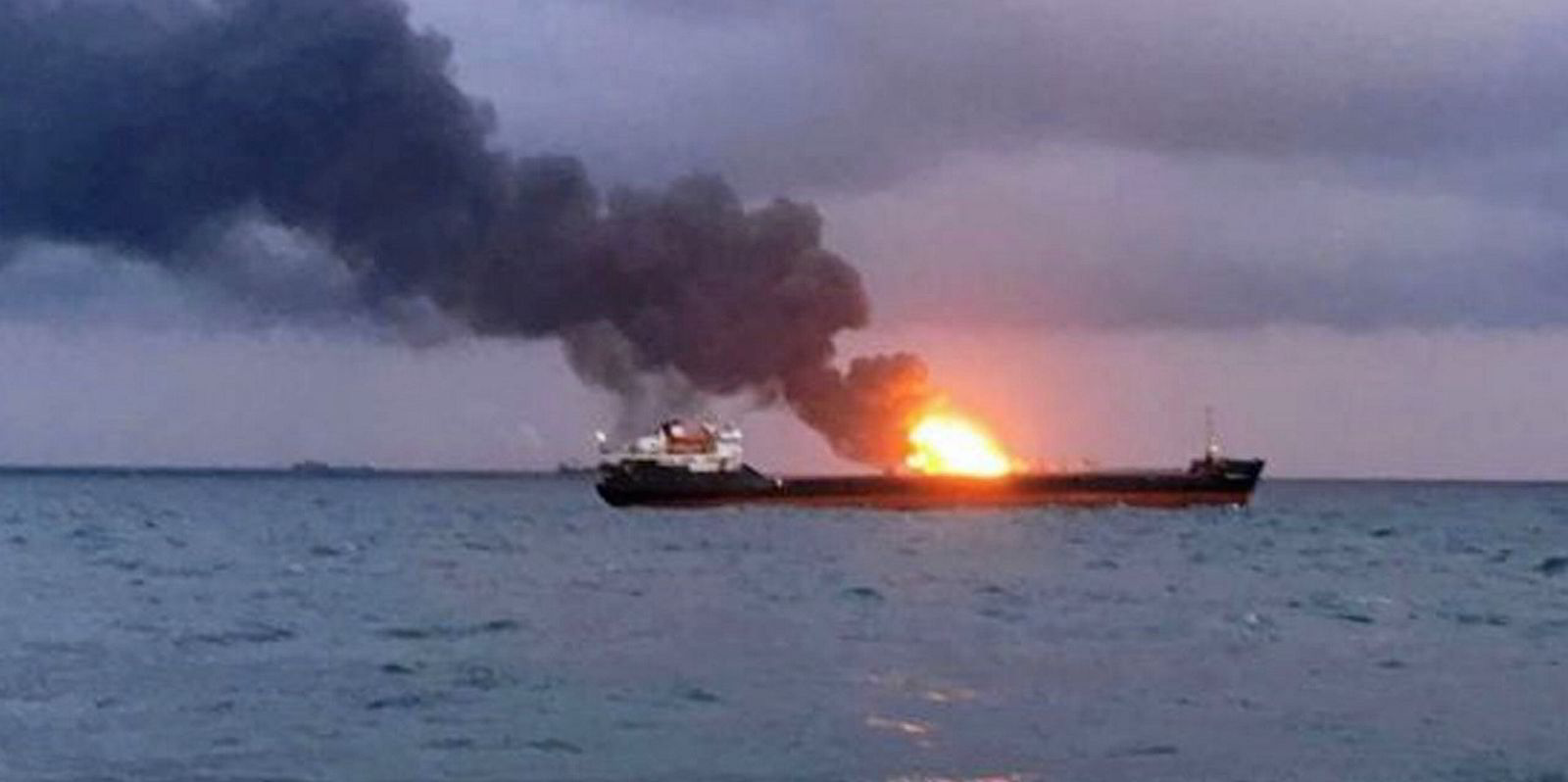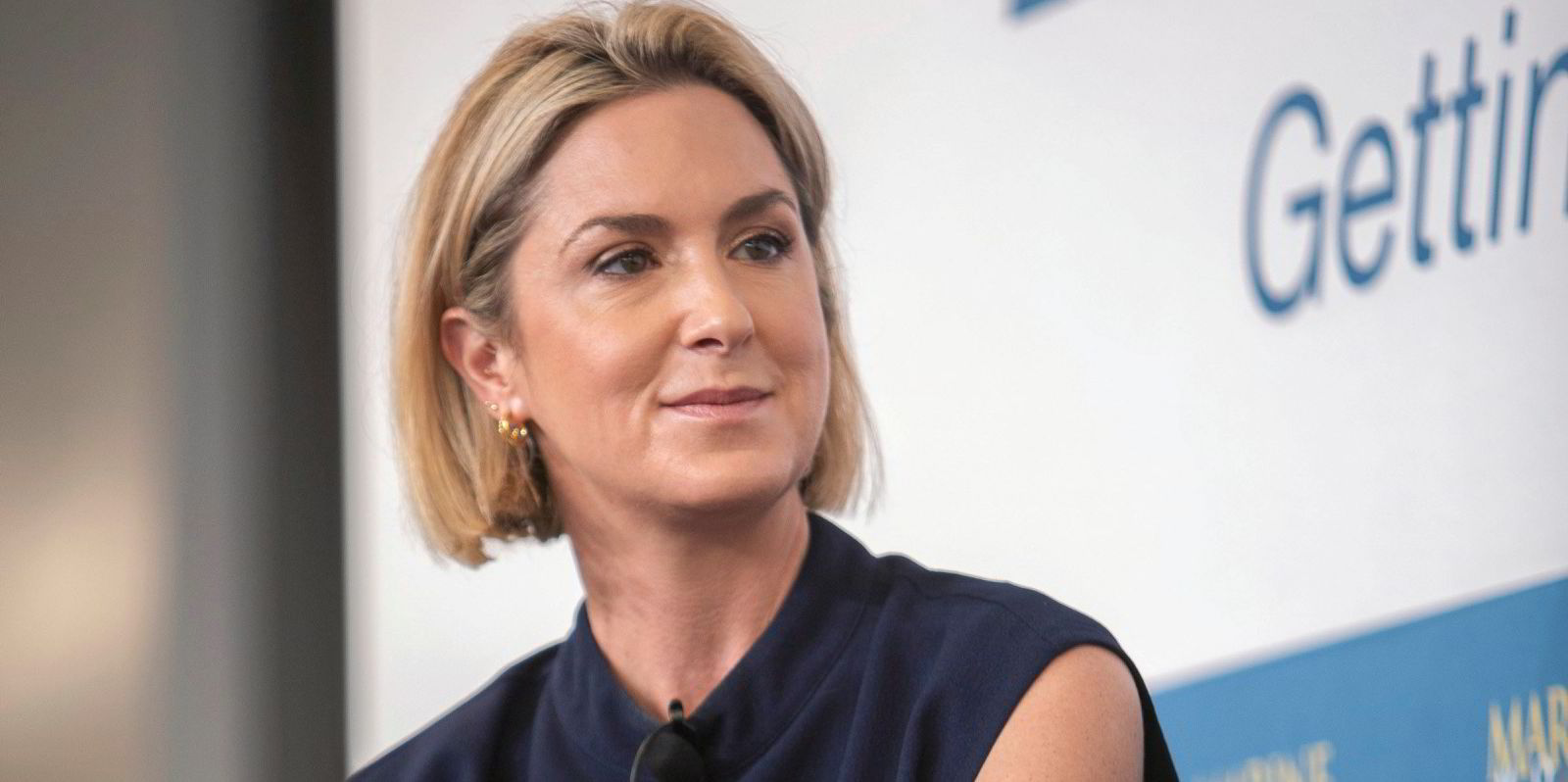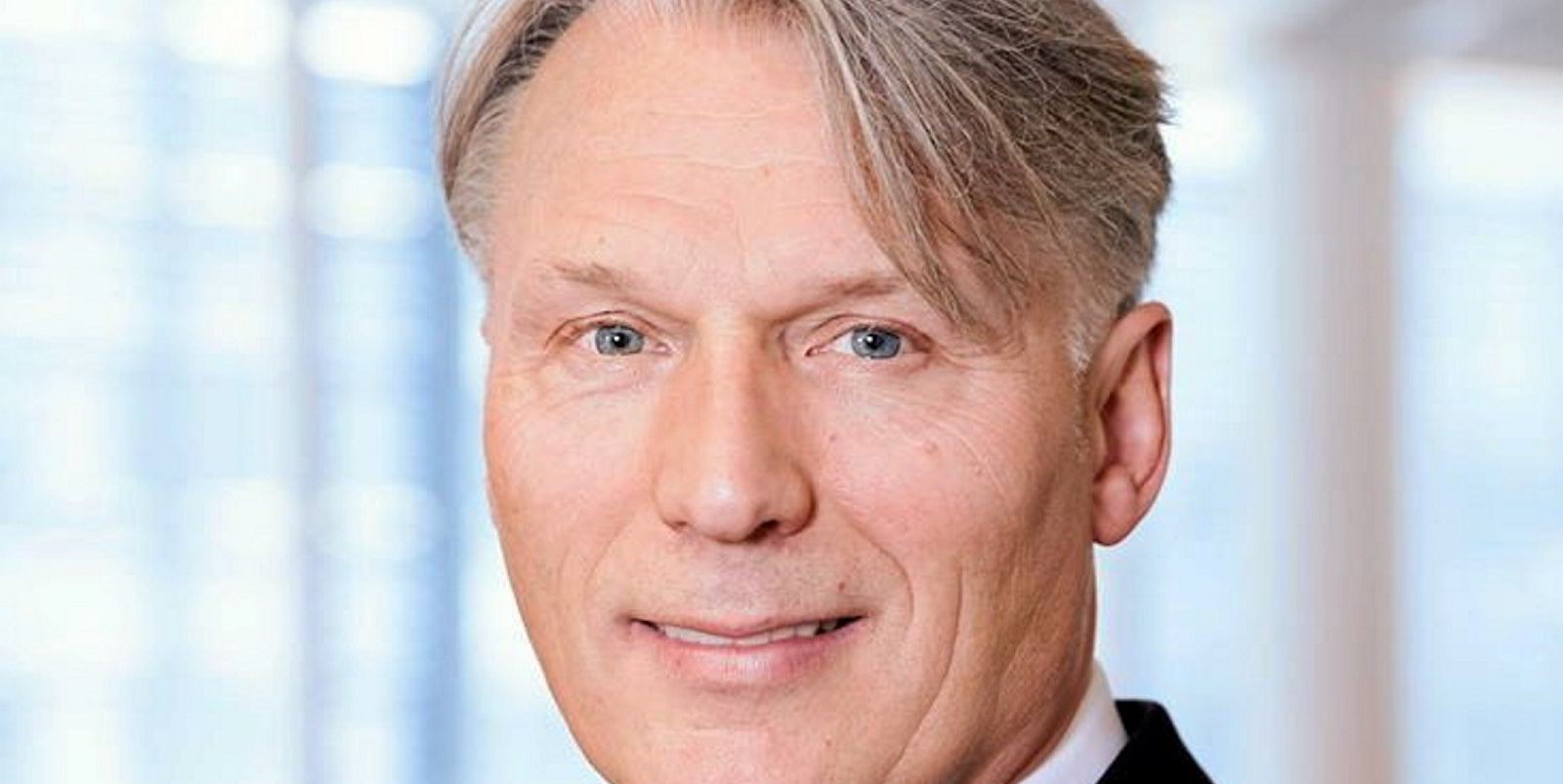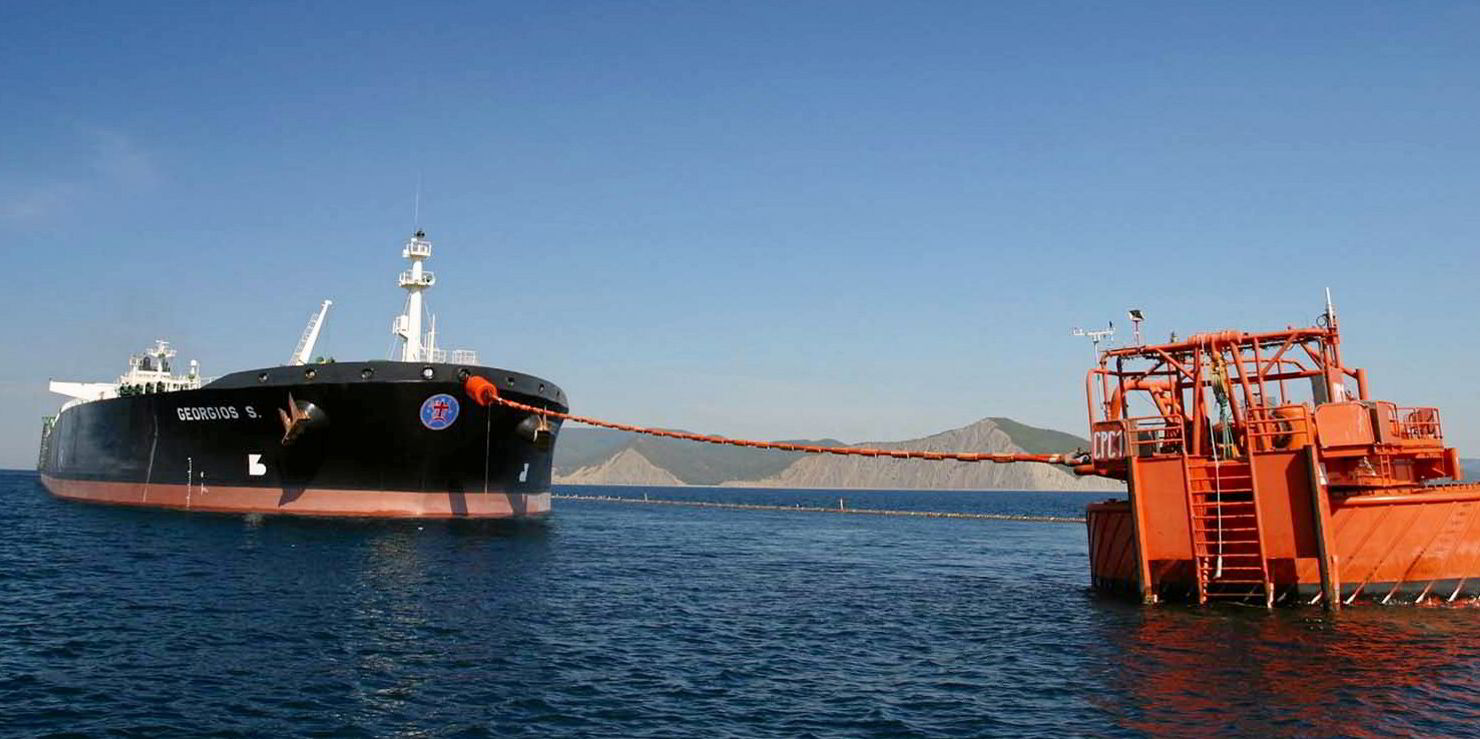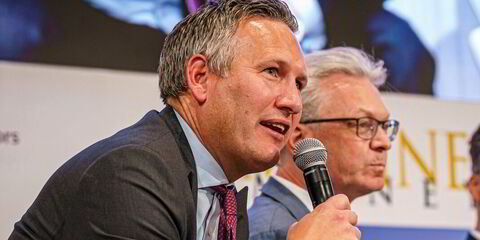Russia’s unconscionable invasion of Ukraine has been a war of surprises: the attack itself, despite warnings; the brutality against civilians; and the strength of Ukraine’s resistance.
In the political and economic sphere, the impact has been no less head-turning: the West’s unified front against Vladimir Putin; the imposition of unprecedented sanctions; and self-sanctioning by large numbers of Western companies that cut business ties with Russia.
In commodities, trading, and shipping the impact has been huge, with the full effect just beginning to be felt.
Not only is the West’s pledge to end dependence on Russian oil and gas exports the biggest energy supply shock since the 1970s, but the impact on other markets such as coal, grain and minor bulk metal cargoes is set to reshape trade.
Middle Eastern and North African grain importers are turning to Australia and Latin America to substitute supplies from Russia and Ukraine.
“Wakey, wakey!” oil hedge fund manager Pierre Andurand told the FT Commodities Global Summit in Lausanne last week. “We are not going back to normal business in the next few months.”
Europe has relied on Russia for about a third of its oil, 45% of its gas and nearly half its coal. It is now looking elsewhere. Germany has already signed a supply agreement with Qatar and secured three floating LNG vessels as terminals. The US has pledged to send another 15 billion cubic metres of LNG to Europe by the end of this year.
While the price of oil and gas has moved higher after the invasion, the impact on supply has not yet been felt fully. Traders believe the oil price will remain volatile and could jump to between $150 a barrel and $250 a barrel this year.
Oil trade flows are starting to change. Continental Europe is looking to source more crude from the North Sea, and West and North Africa. European coal-burning power stations are seeking supplies from Australia and South Africa, trades that have been largely dormant in recent years.
The scramble for energy supplies to ensure security presents a challenge to the policy momentum for the energy transition, many leading commodities traders believe.
Russell Hardy, chief executive of Vitol — one of the world’s biggest energy traders — believes the interplay between the two forces will be complex. What is clear is that in the scramble for energy, short-term concerns about pollution will come second to security.
For example, it will take between five and 10 years for renewables to replace the loss of Russian gas, Hardy told the conference.
Speaking to commodities and financial traders on the fringes of the FT event there was a consensus that while the energy transition policy impact may be muted in the coming months, the longer-term implications will be to drive a faster shift away from fossil fuels.
Mercuria CEO Marco Durand said he sees deep trade flow realignment due to the focus on energy security, with Russia a clear loser, Europe under strain, and winners among the Middle East oil and gas producing nations.
Complexities of the West’s overlapping but not fully aligned sanctions against Russian entities and oligarchs have driven self-sanctioning by Western companies seeking to avoid legal disputes. Perhaps for the first time, many shipowners and operators are choosing a cautionary approach.
If oil exports from Iran and Venezuela at some point are exempted from sanctions to lift supply, it may see a ‘ghost fleet’ of 100 or more tankers transporting the cargo return to normal trades or be scrapped. Yet Russia’s woes may see the emergence of a new ‘ghost fleet’ trading its illicit crude worldwide.
Globalisation may also be reshaped by the Ukraine crisis. Larry Fink, the chief executive of BlackRock, the world’s largest asset manager with $10trn under its control, sees this moment as the end of three decades of globalisation.
He believes companies and governments will look at their dependencies and move more of their operations closer to home. Howard Marks, another powerful investor as co-chair of Oaktree Capital Management, agrees.
Fink also believes the search for alternatives to Russian oil and gas will inevitably slow the world’s progress towards net-zero emissions.
The energy transition will not be halted by the ramifications of the Ukraine crisis. In fact, it is likely more money will be drawn to new sources of green energy supply. But in the coming months, the priority will be cutting purchases from Russia and filling tanks from alternative sources to ensure Europe’s lights remain on next winter.
